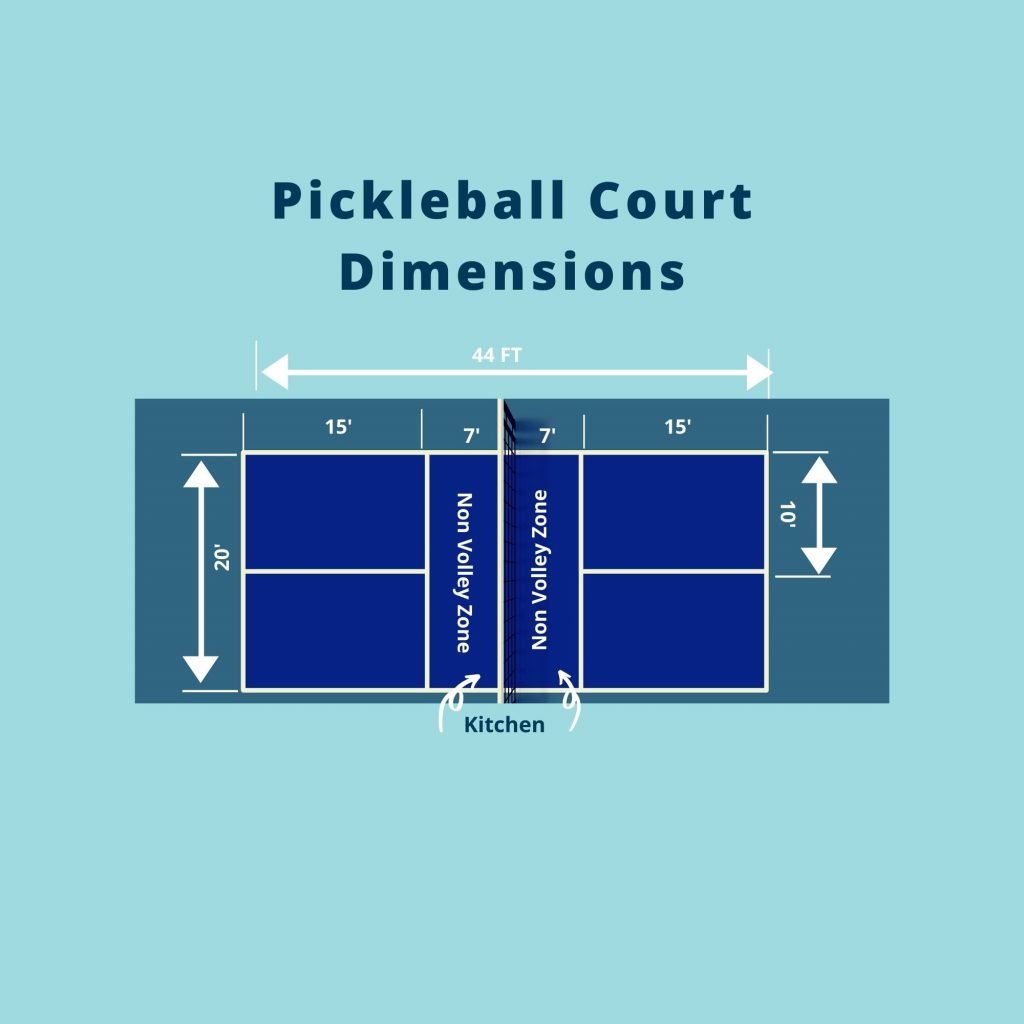
Sports and media are often intertwined. In the United States, sports leagues are responsible for paying large sums of money to broadcasters and media enterprises. These companies can then sell advertising time during games and sports shows to recover their expenses.
The popularity of sports increased in the 1950s and 1960s. This led to a rise in television coverage. Due to this increased interest, the cost of broadcasting sports was prohibitive. Museum of Broadcast Communications cites as an example that networks spent $50 million in 1970 to broadcast National Football League games.
The cost of televising sporting events was increasing at an alarming rate in the 1970s. Networks were able to pass this increased cost along to advertisers by charging more for sports programming. This type of programming was very popular by the 1980s. However, in 1985, three major networks aired fifteen hundred hours of sports.

Gillette Cavalcade of Sports is one of the most popular TV sports programs. It ran between 1954 and 1985. It was a twenty-year-old experiment sponsored by one corporation. After the show was over, Gillette's marquee was replaced by a variety buyers who sold sports ads.
The World Series of Major League Baseball was another popular sports program. The prize money would be millions of dollars and each team would also receive huge amounts of advertising revenue. Fox made $20 million each game during the 2002 World Series.
During the 2000s, the sports media world has changed significantly. Diluting spirits and hard liquor have been prominently featured on sports TV over the last decade. Additionally, television advertising has tripled in beer ads. Additionally, women have been treated as props with sex appeal. Sports media has reduced its shock factor since 2004.
The popularity of the sports media audience is crucial to its success. In 2005, Boys to Men and a national research agency found that 98% US teenage boys watch some form of sports-related television. Basketball, football, golf and baseball were the most popular sports programs.

Although the number of television hours spent on sports was increasing, the viewership for many of these programs decreased. In the late 1990s, men saw a decrease in viewing hours of 6%. However, this did not diminish the popularity of a single sport, especially for football and soccer.
Many other media outlets are trying to capitalise on the youth wave. In March of 2005, ESPN launched ESPNU, a college-only sports station. More recently, Fox has introduced a new digital cable channel, FuelTV, which targets younger audiences.
Although sports programming is a tradition for many years, it has only reclaimed its central place in primetime networks programming over the last decade. This has been due to the increased public interest and better coverage.
FAQ
Why is it so important to get enough sleep?
It is crucial to have a healthy life style. Sleep allows your body to repair itself and recover from daily stresses. Get enough sleep every night to be able to function well throughout the day.
Are there any exercises that I shouldn't do or should I?
Before starting any new exercise program, you should consult your doctor. You may have injuries or other medical conditions that prohibit you from exercising in certain ways. Also, some activities require special equipment or training. Swimming, for instance, requires both a swimsuit as well as access to the pool.
How many hours of rest should I get each evening?
The recommended sleep amount varies based on age, gender, individual needs, and other factors. Most adults require between 7 and 9 hours of sleep each night. Teenagers and young children generally need around 10 hours of sleep each night. This number decreases as they age.
How Can I Get Started With Fitness?
Start small. You can start by taking 10 minutes each week to walk around the block. This will allow you to learn the basic movements and give your body time to adjust to the new routine. You can then add more steps into your daily exercise routine once you have learned this simple form.
What effects does caffeine have on my sleep patterns?
Caffeine has a significant impact on how fast you fall asleep and how deep you sleep. Caffeine causes drowsiness, which makes falling asleep easier. The downside is that caffeine keeps you awake longer making it harder for you to fall asleep again. Drinking coffee or energy drinks before bedtime is a bad idea.
What are Cardio Exercises and How Do They Work?
Cardiovascular activities are any exercise that makes your heart work harder than normal. These include swimming, running, bicycling or rowing. These activities help you burn fat and increase your metabolism. They also strengthen your heart and lungs, which makes them great ways to stay fit.
Is it safe and legal to exercise in cold conditions?
If possible, go outside. However, the temperature of the air is not the only thing that can determine whether you are safe to exercise outdoors. Wind speed, humidity, precipitation, and visibility also play a role. Layers of clothing should be worn if you are exercising outside in inclement temperatures.
Statistics
- Physical activity confers the following maternal and fetal health benefits: a decreased risk of pre-eclampsia, gestational hypertension, gestational diabetes (for example, 30% reduction in risk) (who.int)
- According to the Centers for Disease Control and Prevention, chronic diseases cause 7 out of 10 deaths in the U.S., and treating chronic diseases accounts for 86% of U.S. healthcare costs. (mana.md)
- Globally, 81% of adolescents aged 11-17 years were insufficiently physically active in 2016. (who.int)
- In high-income countries, 26% of men and 35% of women were insufficiently physically active, as compared to 12% of men and 24% of women in low-income countries. (who.int)
External Links
How To
How To Burn Belly Fats Faster
When we are trying to lose weight, belly fat is often seen as a problem. If you look at it, belly fat is actually a positive thing. Your organs will be protected by the amount of belly fat. Let's learn how to quickly burn belly fat.
The two main factors that make us store body fat are stress and lack of exercise. Cortisol hormone is stimulated by stress, which causes us to feel constantly hungry. Cortisol is responsible for an increase in insulin levels. The insulin stores the excess calories as fat. The release of adrenaline from our bodies causes increased appetite. These extra calories can easily be lost through exercise.
There are many different ways to reduce bellyfat. You can try any one of them depending upon your budget. These are some ways to quickly lose belly fat.
-
You can eat less. Don't eat three large meals at once. You'll eat fewer calories this way.
-
Drink plenty of fluids. Water flushes out toxins in your body and helps you stay hydrated. Drinking water before meals will help you feel fuller for longer, so you don't overeat.
-
Avoid eating unhealthy snacks. If you're looking for quick fixes, snack foods like chips, cookies, candies, etc. These tempting snacks might look appealing. But avoid these fattening treats as they contain lots of empty calories and too much sugar. Instead, choose healthy alternatives like fruits, veggies, nuts, seeds, and whole grains.
-
Strength training should be performed at least 3 times per week. Strength training helps build muscle mass, which means that you can burn more calories even when you are resting. Strength training strengthens bones, muscles and ligaments. It can also improve the heart, lungs, joints, and other body systems.
-
Regularly walk or stretch. Stretching increases flexibility and mobility. It also reduces back pain. Walking is great for burning calories.
-
Reduce alcohol intake. Reduce alcohol intake. Alcohol is a waste of calories and has no nutritional value.
-
Reduce your weight gradually. First, determine your current weight. Calculate your ideal weight by adding approximately 5% to 10% of the total weight. Once you have reached your target weight, begin decreasing your daily calories intake by 500-1 000 calories until you reach your goal.
-
Avoid processed foods. These foods are high on sugar, salt, and additives. Processed foods are often very convenient but don't provide enough nutrients to keep you healthy.
-
Don't skip breakfast! Breakfast is good for your concentration, memory, and energy. Include protein (like eggs) and fiber, like oats, in your breakfast.
-
Have regular bowel movements. Constipation or irregularity can lead to gas and bloating. Drink plenty of water to prevent gas and fiber ingestion.